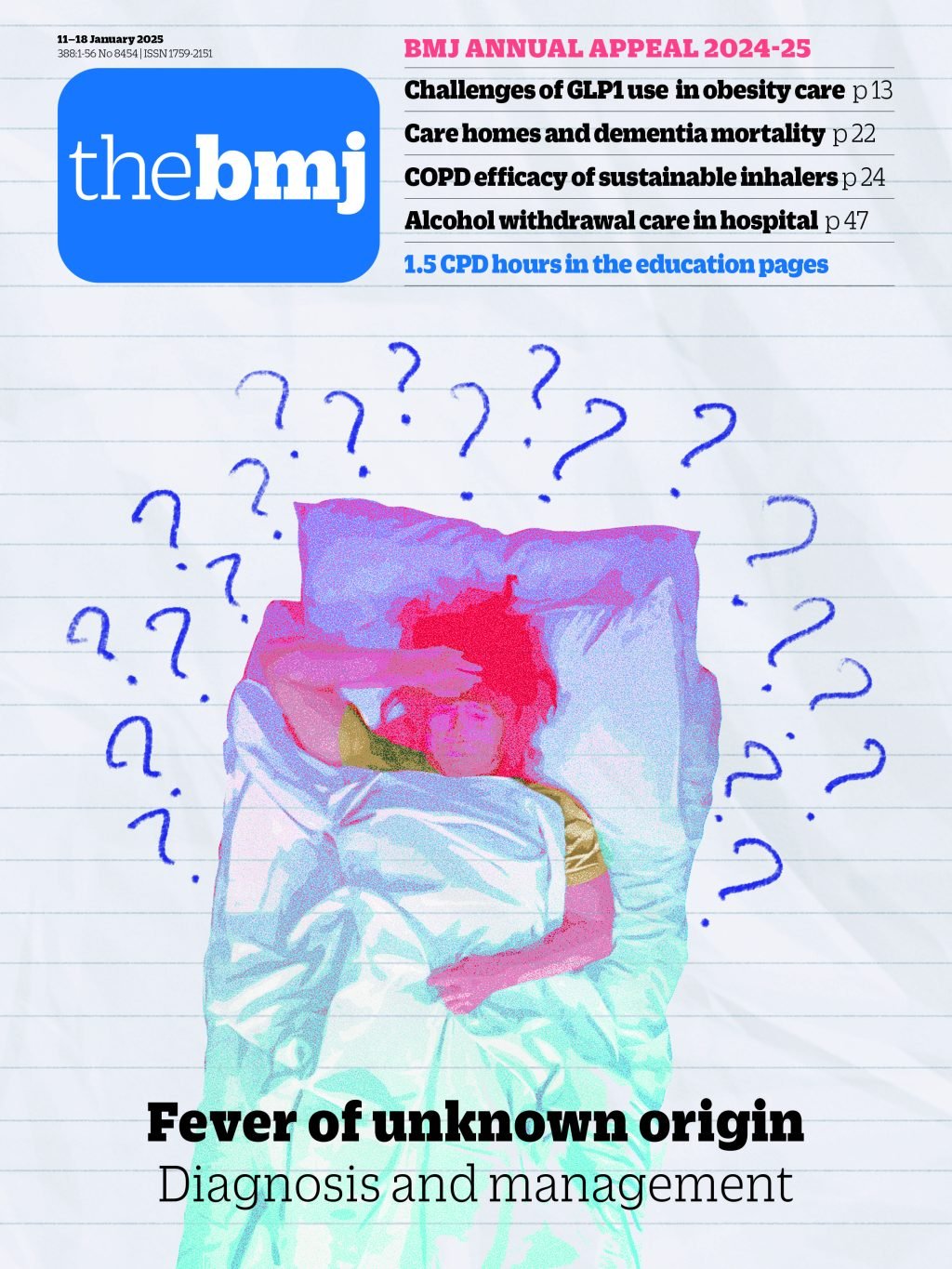
When the previous Trump administration announced its withdrawal from the World Health Organization (WHO), the decision sent shockwaves throughout the world.1 While that decision was reversed by the incoming Biden administration, Trump has done it again. And this time around, he has sufficient time to complete the 12 month withdrawal process. This severing of ties between the world’s largest economy and its foremost public health body represents a major setback for health diplomacy, scientific collaboration, and funding. The repercussions will ripple across borders, leaving WHO weaker and the US isolated when global health challenges demand unity.
For decades, WHO has stood as a beacon of international cooperation, coordinating outbreak responses, fostering scientific exchange, setting norms, and providing invaluable technical assistance. The benefits of membership are immense, including disease surveillance, health system strengthening, and health diplomacy. The US helped create WHO and has been a core funder and leader for over 75 years.2 Historically, the US has been the world’s largest global health funder, supporting programmes to fight AIDS, tuberculosis and malaria, pandemic preparedness and response, and to improve maternal and child health. Its withdrawal undermines not just WHO’s finances and programmes, but also America’s influence and standing in the world.
Withdrawal from WHO does not “Make America Healthy Again,” but severely diminishes American influence and standing in the world, while threatening its national interests and population health.3 As the WHO loses funding and expertise from perhaps its most prominent member, we ask how the global health community can support its continued effectiveness and resilience. We see three major pillars, where concerted action could support WHO.
The first is the narrative. Public health organisations, researchers, and civil society organisations must defend WHO and demonstrate its essential role in global health. Given President Trump’s populist instincts, much of this advocacy will fall to US scientists and organisations, emphasising the long term benefits of WHO to the US population. The main audience should not be the new administration, many of whose members are sceptical of international organisations and science itself. Even those who do understand the importance of the US engaging in world affairs have strongly criticised WHO.4 In the United States, public health is primarily a state function. State leaders, the media, and civil society should highlight the singular damage that will be done to health at home and abroad. This would lay the ground for broad support for an eventual reversal of this decision, whether by this administration or a future one.
The second is money. During Trump’s first term when he announced his intention to withdraw from WHO, several European countries helped fill the void in funding and leadership. This is unlikely to happen this time, given political realities facing the leading donors, the European Union, France, Germany, and the United Kingdom. Moreover, the problems will likely be exacerbated if the Trump administration reduces funding to other global organisations in the health and development sectors. We especially envisage a major reduction of funding for sexual and reproductive health.
Philanthropic organisations and wealthy individuals may be able to bridge some of the funding gaps, but it is unrealistic to expect them to replace the US. The newly expanded BRICS nations have a poor track record in funding multilateral organisations.5 Still, many have the capacity to significantly increase funding, especially with non-earmarked grants to WHO, including Brazil, China, India, and South Africa. The Gulf States have enormous financial capacities and should step up to support WHO, especially given their interest in addressing the health challenges in the Middle East. Their investments would demonstrate a shared commitment to global health security. Beyond increased funding, governments can directly support WHO by seconding public health experts to the organisation. This would offset potential staffing shortages while ensuring continued technical collaboration between WHO and its member states.
The third is the exchange of scientific knowledge. If direct US engagement remains limited, informal channels must be explored. Many American organisations have existing links to WHO, either in their own right or as part of global bodies. Dozens of Collaborating Centres in universities, hospitals, research institutions, and laboratories are active in supporting WHO. WHO might usefully review its network of Collaborating Centres in the US, identifying ways to strengthen them. US based collaborating centres and other sympathetic entities could serve as intermediaries, facilitating collaboration between US experts and their global counterparts.
Nor must we forget the abundant risks to those promoting global public health in the US. Many American universities, which host many collaborating centres, may themselves face serious threats from the new administration6 whose members have portrayed them as bastions of a “woke” elite. The global community will also have to contend with a vast increase in disinformation and science scepticism, which foment distrust in public health, including WHO. Public health agencies in the US are now being led by individuals with few qualifications who question basic scientific principles.7
The threat to WHO and global health have perhaps never been greater. It is vital that the international community stand up to support a robust and resilient World Health Organization.
Footnotes
-
Competing interests: KB is member of the World Obesity Federation Board and chairs its policy and prevention committee. LG is director, World Health Organization Collaborating Center on Global Health Law. AK is vice chair of the WHO Science Council. MM is a senior adviser to WHO EURO and co-director of the European Observatory on Health Systems and Policies, a partnership hosted by WHO.
-
Provenance and peer review: not commissioned, not externally peer reviewed.







